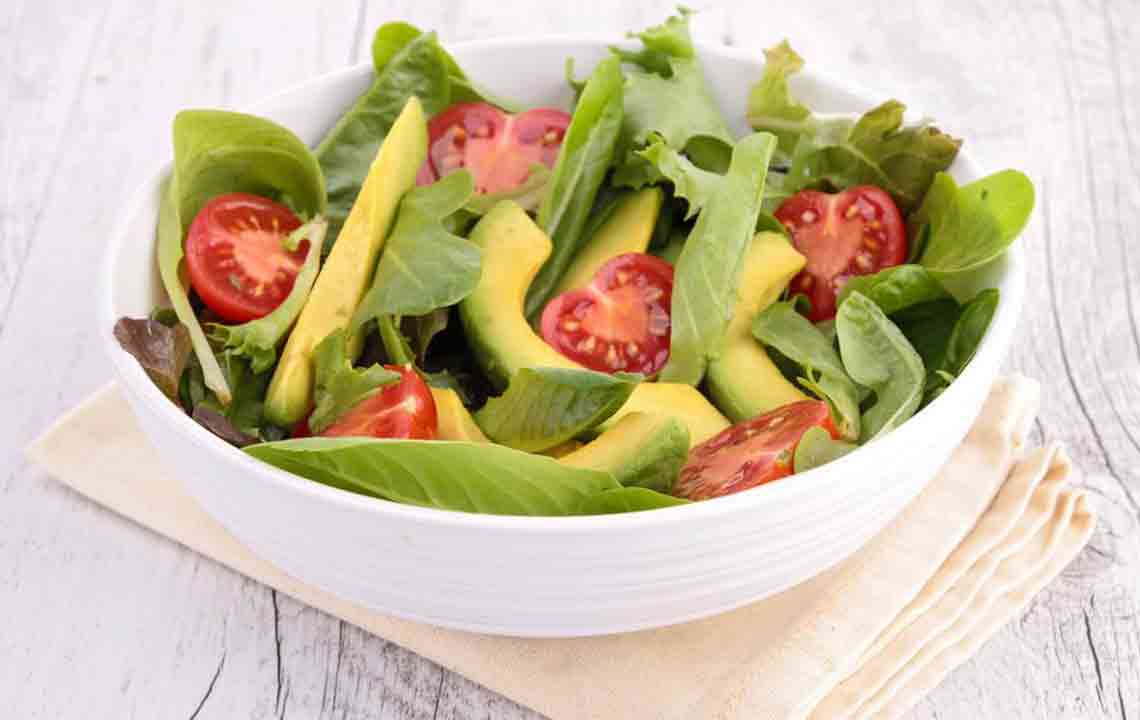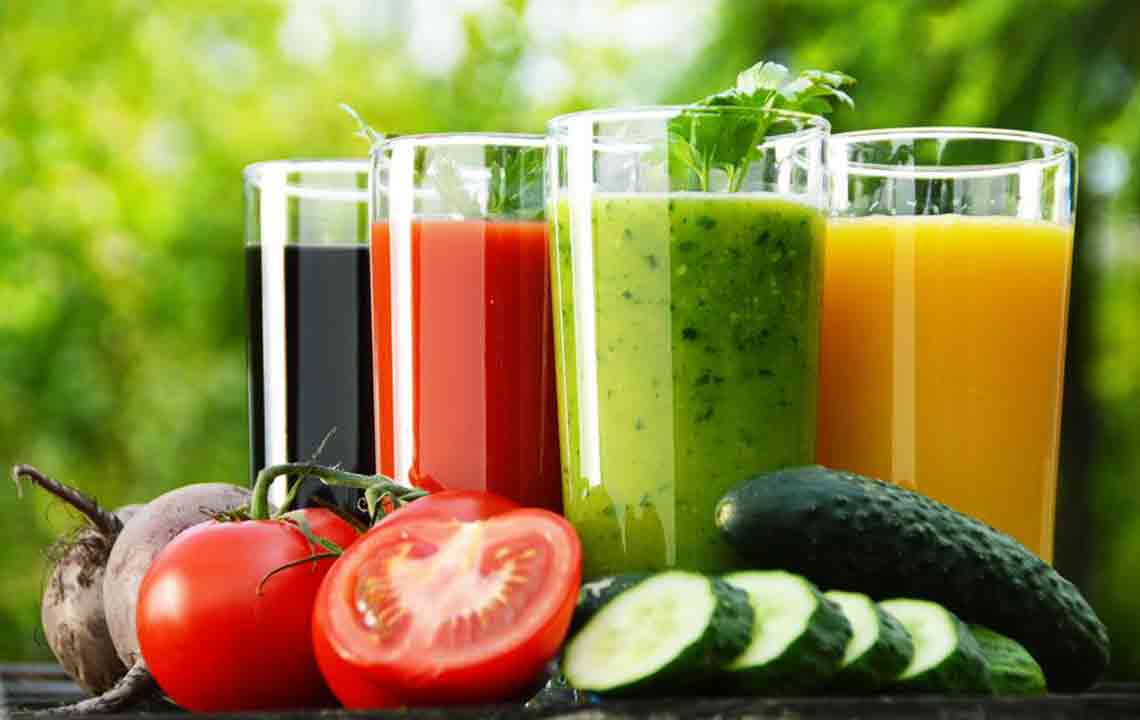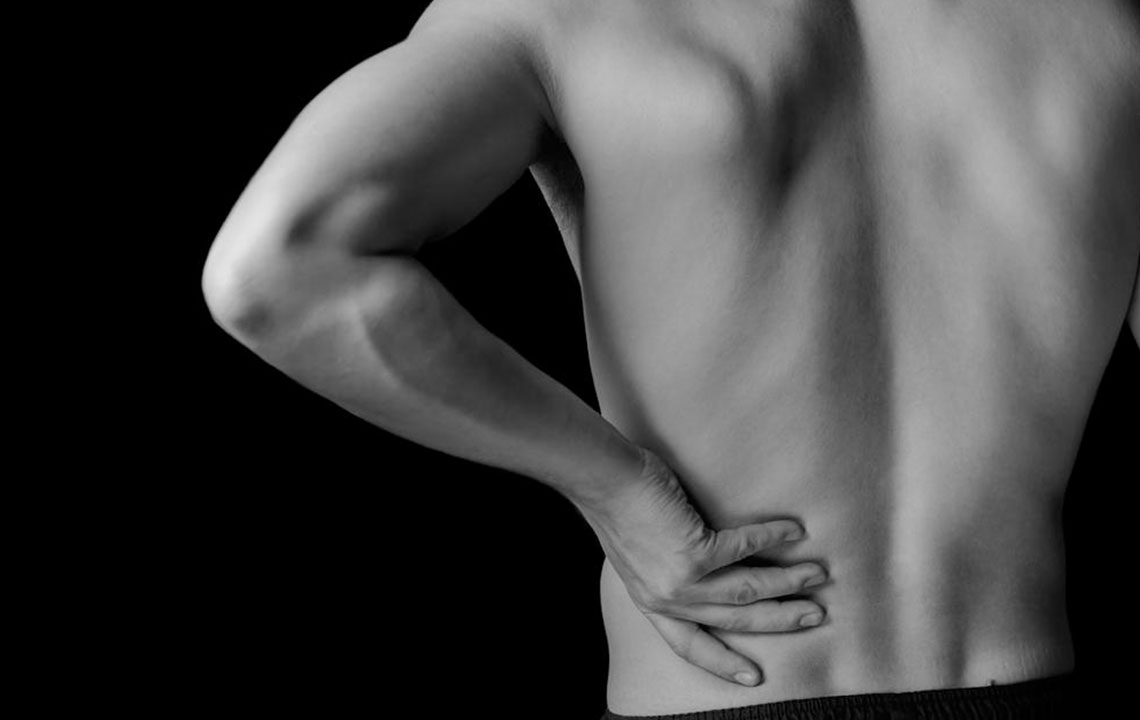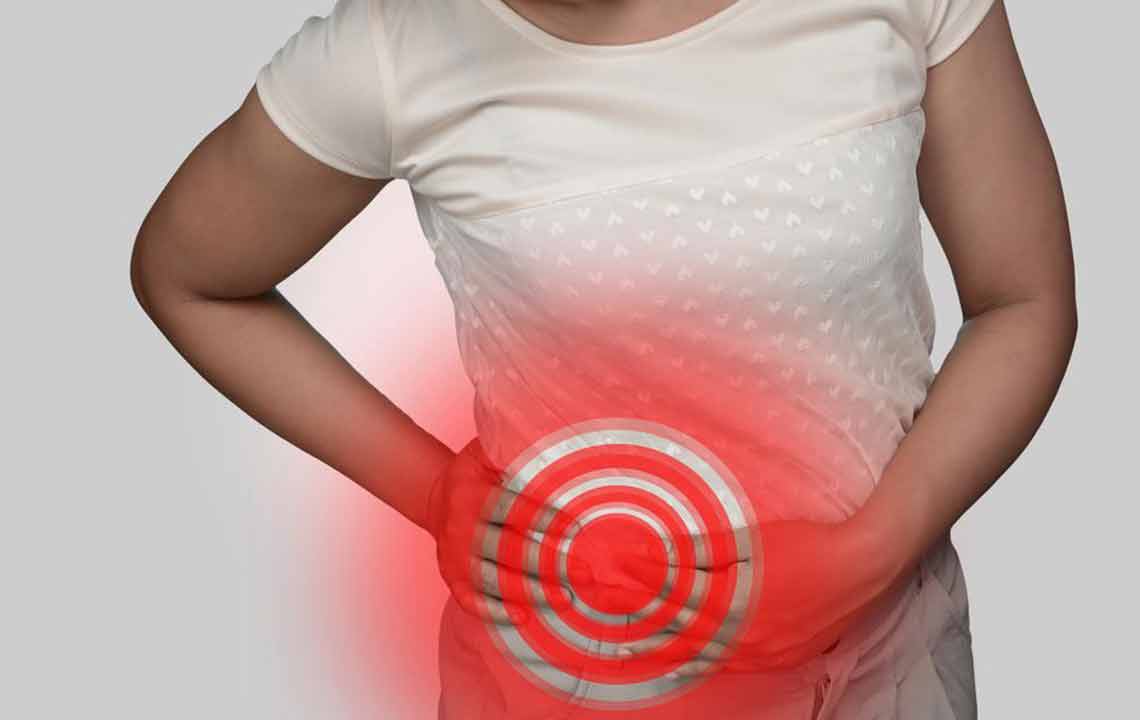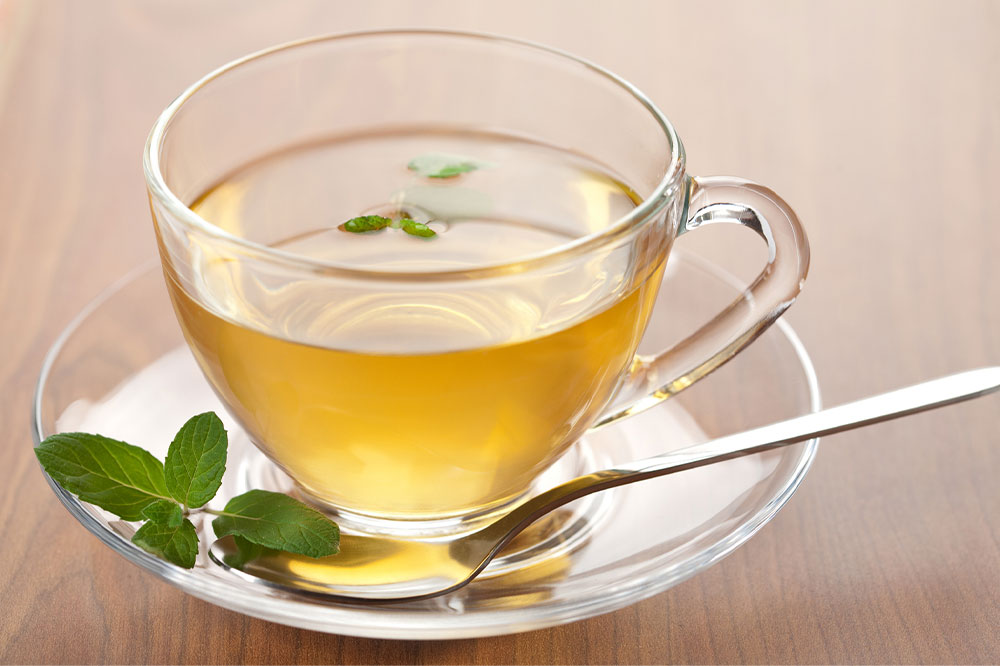Comprehensive Dietary Strategies to Promote Kidney Health and Prevent Disease
This comprehensive guide explores essential dietary and lifestyle strategies to promote kidney health, prevent kidney disease, and manage existing conditions. It covers various diet plans tailored for diabetic kidney disease, impaired kidney function, kidney stones, and chronic kidney disease, emphasizing balanced nutrition, lifestyle modifications, and medical supervision for optimal renal health. Adopting these tailored dietary approaches helps protect kidney function and supports overall well-being throughout life.
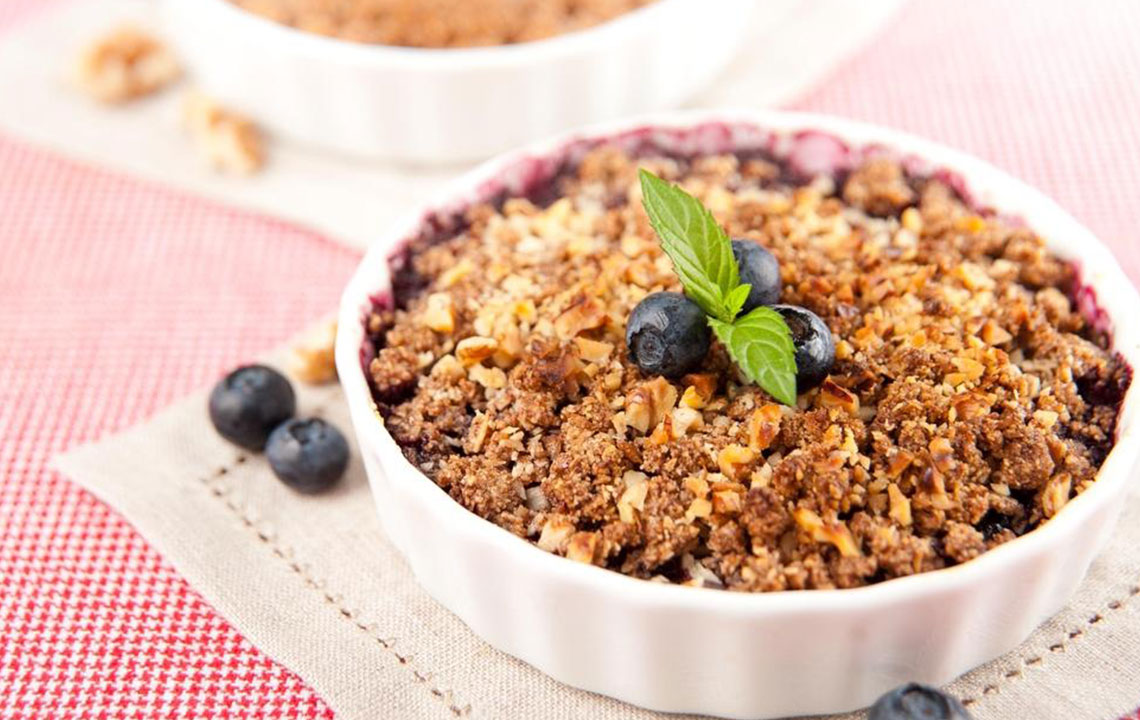
Effective Nutritional Approaches for Maintaining Healthy Kidneys
The kidneys are vital organs in our body's excretory system, responsible for filtering blood and maintaining overall fluid and electrolyte balance. They play a crucial role in eliminating waste products and excess fluids, ensuring the body's internal environment remains stable. When kidney function begins to decline, imbalances of minerals and chemicals can occur, leading to the accumulation of harmful substances that impair health and vitality. Factors such as poor diet, unhealthy lifestyle choices, and certain habits can overload these delicate organs, increasing the risk of kidney disease or failure.
Understanding how diet and lifestyle influence kidney health is essential for prevention and management. Consuming foods high in salt, artificial sugars, and excessive amounts of red or processed meats can place additional strain on the kidneys, promoting damage over time. Conversely, adopting a balanced, kidney-friendly diet combined with healthy lifestyle choices can significantly reduce the risk of kidney impairment and support optimal functioning throughout life.
Dietary choices play a critical role in maintaining kidney health. Consuming processed foods rich in salt causes water retention, increasing pressure on kidney filters. Heavy meat consumption demands extra metabolic processing, which can lead to renal fatigue. A well-structured, kidney-conscious diet emphasizes controlled nutrient intake and minimizes harmful substances. Additionally, habits such as smoking, misuse of painkillers, dehydration, excessive alcohol intake, and recreational drug use can all accelerate kidney damage, ultimately risking renal failure. Maintaining a diet rich in controlled nutrients and nurturing healthy habits can support long-term kidney wellness and prevent the development of chronic conditions.
Here are some of the key dietary plans and considerations for maintaining optimal kidney function:
Diabetic Kidney-Friendly Diet
Diabetes often affects kidney health due to persistent high blood sugar levels, which can damage renal tissues over time. Elevated blood sugar levels increase the risk of infections and lead to diabetic nephropathy, a serious kidney condition. A specialized diabetic kidney-friendly diet aims to control blood sugar levels while reducing the workload on the kidneys. It involves careful management of calorie and carbohydrate intake to ensure metabolic stability and prevent further damage.
Recommended Foods for Diabetic Kidney Health
Skimmed milk and unsweetened plant-based yogurts that are low in added sugars
Whole grains such as wheat, rye, and other high-fiber cereals
Fruits like apples, berries, grapes, and pineapple, which are lower in potassium and sugar
Hydration through water, homemade herbal teas, and lemonades without added sugars
Foods to Limit or Avoid in Diabetic Kidney Care
Sugary dairy products and frozen desserts that spike blood sugar
Processed cereals, salted snacks, and foods high in sodium
High-potassium fruits such as bananas, oranges, dried fruits that may affect potassium balance
Sugary drinks, sodas, and alcohol that destabilize blood glucose levels
Low-Protein Diet for Kidney Impairment
For individuals experiencing reduced kidney function, limiting protein intake helps lessen the production of urea and other waste products that kidneys must filter. This diet emphasizes complex carbohydrates and healthy fats as primary energy sources. Strict monitoring by healthcare professionals is vital to prevent deficiencies and adapt dietary plans based on individual health parameters. The goal is to preserve remaining kidney function while maintaining nutritional adequacy.
Approved Foods for Low-Protein Diet
Fruits and vegetables such as lettuce, cucumbers, apples, parsley, and water chestnuts
Whole grain breads and cereals
Starchy foods like corn and potatoes for energy
Foods to Avoid in Low-Protein Kidney Support Diet
Meat, eggs, fish, and seafood that are high in protein
Dairy products including yogurt, milk, cheese
Legumes, pulses, and beans known for their protein content
Kidney Stone Prevention and Management Diet
Kidney stones are mineral and salt deposits that develop within the urinary tract, varying by type—such as calcium oxalate, phosphate, uric acid, or cystine stones. Dietary modifications tailored to the specific stone type can effectively prevent formation and recurrence.
For Calcium-Based Stones
Include dairy products like milk, cheese, yogurt, and plant-based calcium sources such as tofu
Limit intake of salt and processed foods that contribute to calcium salt buildup
For Oxalate Stones
Avoid oxalate-rich foods such as rhubarb, strawberries, and currants
Limit high-oxalate vegetables like spinach, sweet potatoes, and leeks
Reduce consumption of tea, coffee, nuts, chocolate, and foods high in oxalates
Chronic Kidney Disease (CKD) Diet
CKD involves progressive loss of renal function, often requiring dialysis as the disease advances. The dietary plan centers around limiting fluid intake, reducing electrolyte intake—especially sodium—and carefully managing protein consumption to prevent fluid overload, electrolyte imbalance, and toxin buildup. Emphasis is placed on low-sodium, low-protein, and easily digestible foods to support remaining kidney function.
Optimal Foods for CKD Patients
Fruits, grains, and vegetables that are low in potassium and phosphorus
Sweet options like honey, jelly, and hard candies to satisfy sugar cravings
Low-protein options, with limited fish or egg intake, to reduce renal burden
Foods labeled low or no salt, or prepared without added salt
Foods to Avoid in CKD
High-protein foods such as dairy products, red meats, and seafood
Salt-rich processed snacks, canned foods, and fast foods
